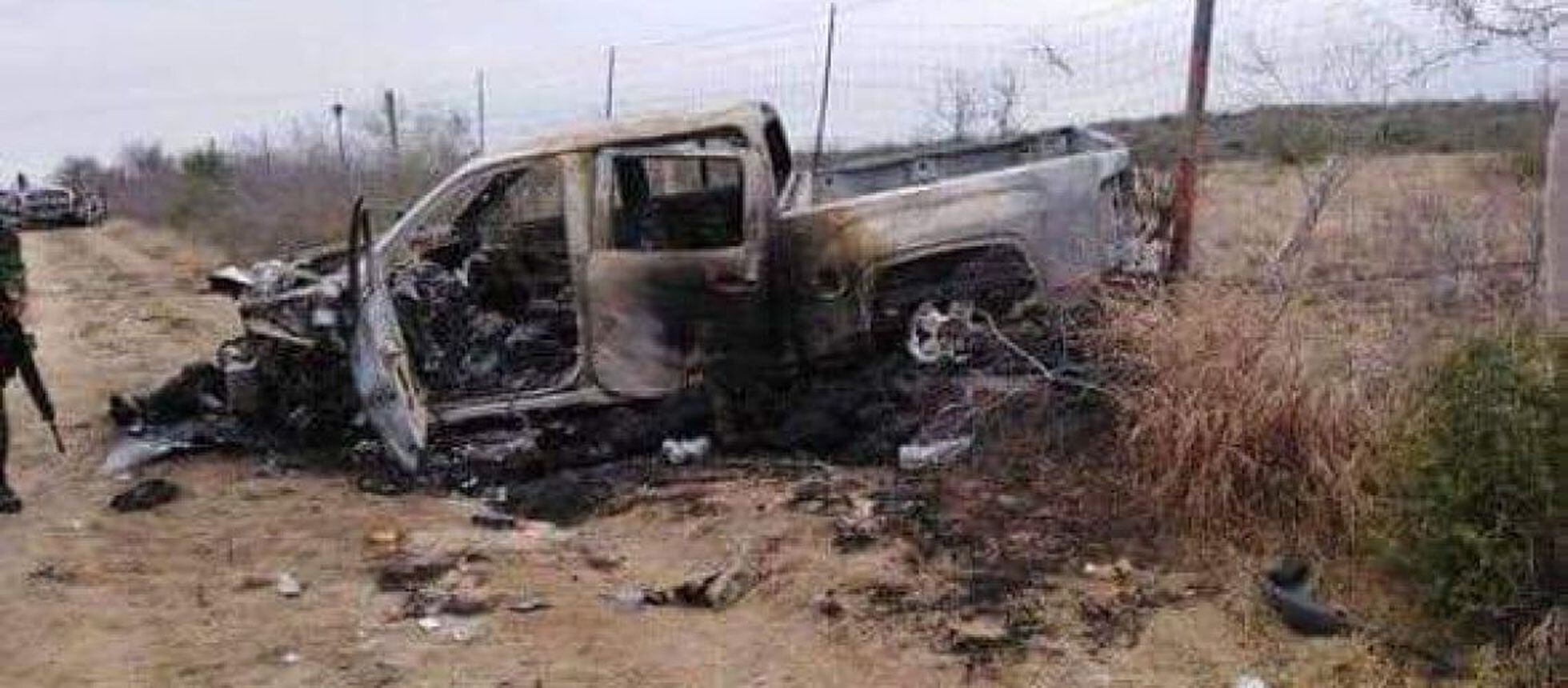
Of course, technology alone cannot resolve intractable social problems. This seminar showed how cheap mobile technology, digital photography, and social networking can make the social inputs to these processes more democratic and accountable. It follows seminars on conflict resolution and social innovation, where we emphasized active listening, the identification of the interests and incentive structures at stake in solving social problems, and solutions based on human-centered design.

The final seminar in the series “Be Digital: Break Borders” explored how to utilize art, technology, and new social imaginaries to break borders and build sustainable peace. We began with a series of three seminars in human rights, citizenship, and peacebuilding last spring, and based on the overwhelmingly positive response we received, we returned with a full certificate program (granted by the UAS) this year.

TBI chose Culiacán due to the strength of the local university community, the vibrancy of local NGOs, and need for new international collaborations in a place beset by the violence of the drug war and often exoticized and misunderstood in the wider world.

A total of 43 participants completed the program, ranging in age from 21 to 63 years old. The diplomado brought together a diverse range of local activists, professionals, scholars, and university students for 100 hours of intensive study, problem-solving, and collaborative research on the most pressing peace and justice issues facing Mexico and the United States. On May 7, TBI concluded the first ever certificate program in Applied Peace Education at the Universidad Autónoma de Sinaloa (UAS), in Culiacán, Sinaloa.


 0 kommentar(er)
0 kommentar(er)
